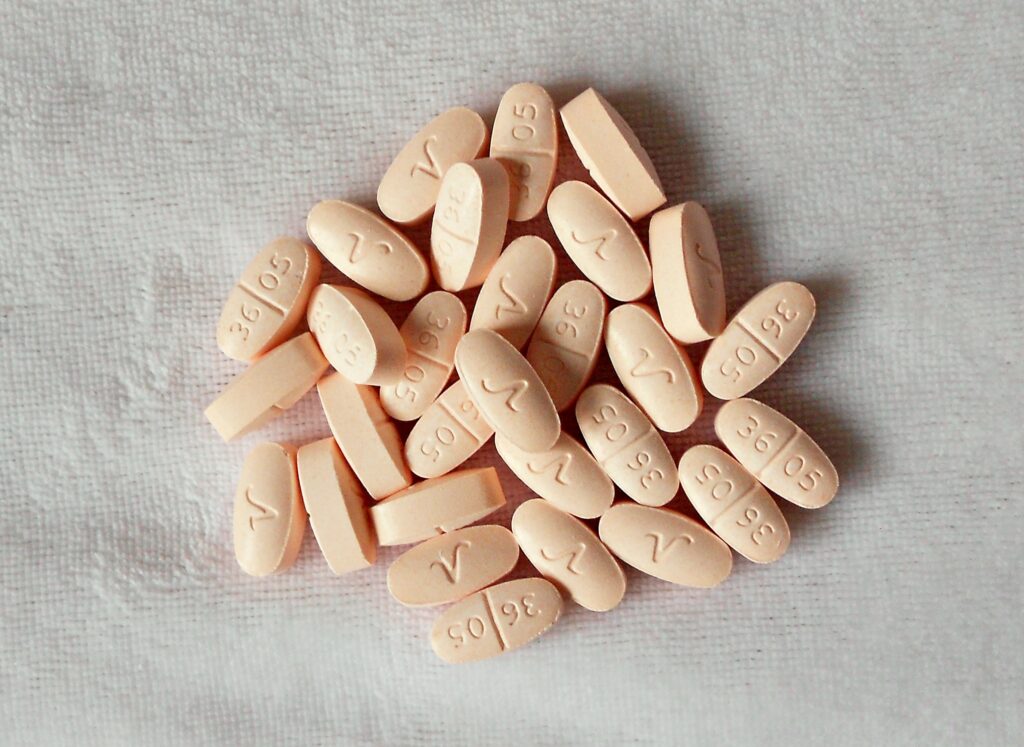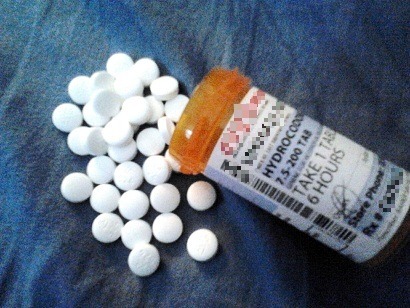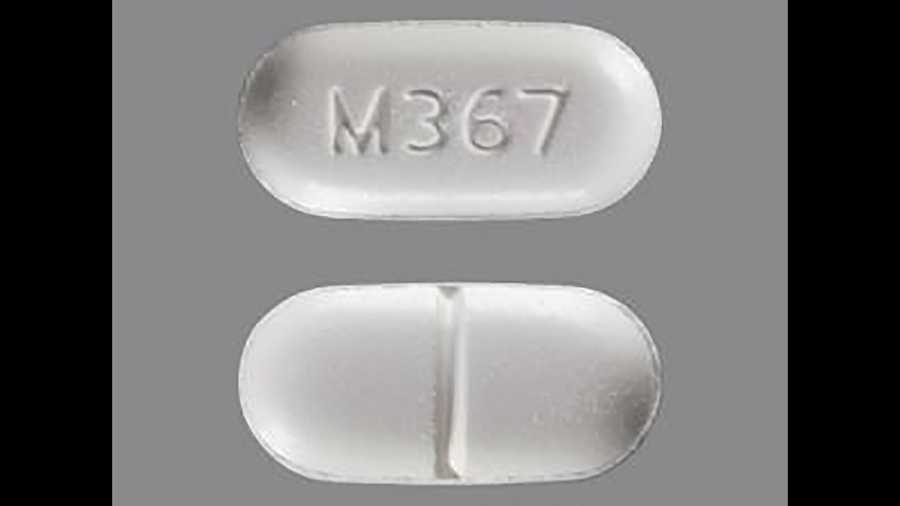In today’s fast-paced world, the use of prescription medications has become increasingly common for managing various health conditions. However, the misuse and addiction to these medications, particularly pain relievers, pose a significant health challenge. One such medication is the M367 pill, commonly known as Vicodin. This article aims to shed light on the nature of M367 pills, their potential for addiction, and the path to recovery, especially through the support and programs offered by Destination Hope.
Understanding M367 Pills: A Brief Overview
M367 pills, better known by their brand name Vicodin, contain a combination of hydrocodone and acetaminophen. Hydrocodone is an opioid pain reliever, while acetaminophen is a less potent pain reliever that increases the effects of hydrocodone. This medication is typically prescribed to manage moderate to severe pain. Despite its effectiveness in pain management, Vicodin carries a significant risk of addiction and abuse due to its opioid component.

The Risks of Vicodin Addiction
Vicodin addiction can develop swiftly, sometimes even when the medication is used as prescribed. Opioids like hydrocodone can create a sense of euphoria, leading to psychological dependence. With prolonged use, individuals may develop tolerance, needing higher doses to achieve the same pain relief or high, potentially leading to physical dependence and addiction. This addiction can have devastating effects on health, relationships, and overall quality of life.
Recognizing the Signs of Addiction
It’s crucial to be aware of the signs of Vicodin addiction, which can include:
- Increased tolerance to the drug’s effects.
- Experiencing withdrawal symptoms when not using the drug.
- Using the drug in larger amounts or over a longer period than intended.
- Persistent desire or unsuccessful efforts to cut down or control use.
- Spending a great deal of time obtaining, using, or recovering from the drug.
- Neglecting responsibilities at work, home, or school.
- Continued use despite knowledge of persistent or recurrent physical or psychological problems likely caused or exacerbated by the drug.
Destination Hope: Your Destination for Recovery
At Destination Hope, we understand the complex nature of Vicodin addiction and the challenges it poses. Founded with a mission to provide the best mental health and addiction treatment possible, we focus on aiding both men and women in their recovery from alcohol, drug abuse, and mental illnesses. Our comprehensive mental health care and addiction treatment programs emphasize dual-diagnosis, helping clients understand and manage both their addiction and any underlying mental health issues.
Our Approach to Vicodin Addiction Treatment
Our dedicated staff, many of whom are in recovery themselves, offer a compassionate and knowledgeable perspective to the recovery process. We connect with our clients meaningfully, equipping them with the tools necessary to overcome addiction and transform their lives positively.
Our treatment for Vicodin addiction includes:
- Medical Detoxification: Safely managing withdrawal symptoms under medical supervision.
- Individual Counseling: Focusing on the root causes of addiction and developing coping strategies.
- Group Therapy: Providing peer support and shared experiences for recovery.
- Family Therapy: Involving loved ones in the healing process.
- Aftercare Planning: Ensuring continued support and resources post-treatment.

Embrace Your Journey to Recovery with Destination Hope
Recovery from Vicodin addiction is not just about stopping drug use; it’s about reshaping your life into a positive influence on yourself, your family, and future generations. At Destination Hope, our serene, safe environment is designed to empower, nurture, and help you embrace your courage, strength, and serenity.
If you or a loved one is struggling with Vicodin addiction, we encourage you to reach out. Call Destination Hope or call us at (954) 302-4269 to begin your journey to recovery. Remember, at Destination Hope, we are not just a treatment center–we are your destination for recovery.

